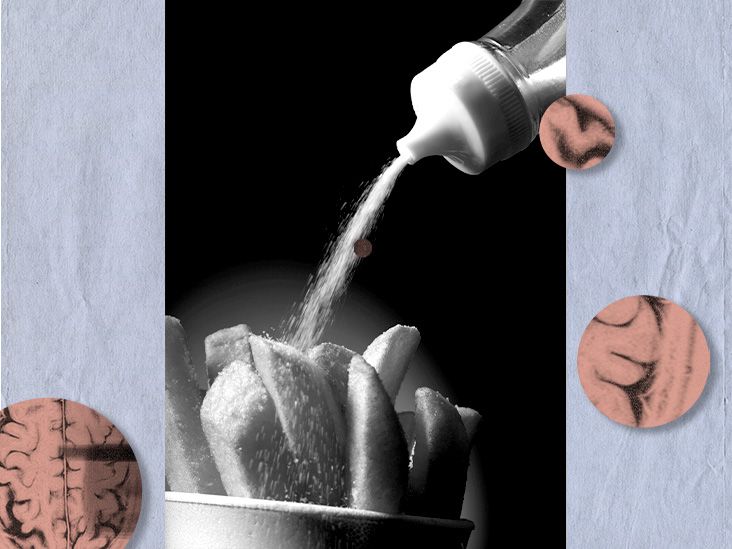Medicare may cover the costs of a purified protein derivative (PPD) test if a person has symptoms or has been exposed to tuberculosis (TB). If not, Medicare will likely deny coverage as it would consider it a screening only.
According to the
Although it is a highly contagious health condition, it is fairly rare in the United States. If people do develop the condition, they often show no symptoms.
A PPD skin test, also sometimes called a
In 2025, the Part B deductible will be $257. Once a person pays this amount, Medicare covers 80% of costs, but it may also cover diagnostic lab tests in full.
A person with Original Medicare (parts A and B) can contact Medicare directly to confirm coverage. People with Medicare Advantage plans can contact their plan provider, as coverage and out-of-pocket expenses can differ by insurer, plan, and location.
This test involves a doctor or healthcare professional injecting a fluid called tuberculin beneath a person’s skin. It may also be called a TST.
This test will require two visits. During the first visit, an individual will receive the injection. During the second, a doctor or healthcare professional will examine the skin for a reaction. There is usually a period of
A healthcare team may suggest a
A person may
Individuals should also consider a PPD skin test if:
- they have come into contact with someone with TB
- they take immunosuppressive drugs and have a weakened immune system
- they have specific health conditions, such as cancer or HIV
If a person has TB, they may develop
- coughing for more than 3 weeks
- chest pain
- coughing up phlegm or blood
If an individual has active TB, they may also experience other symptoms affecting the whole body, including:
- fatigue
- weight loss
- night sweats
- chills
- fever


